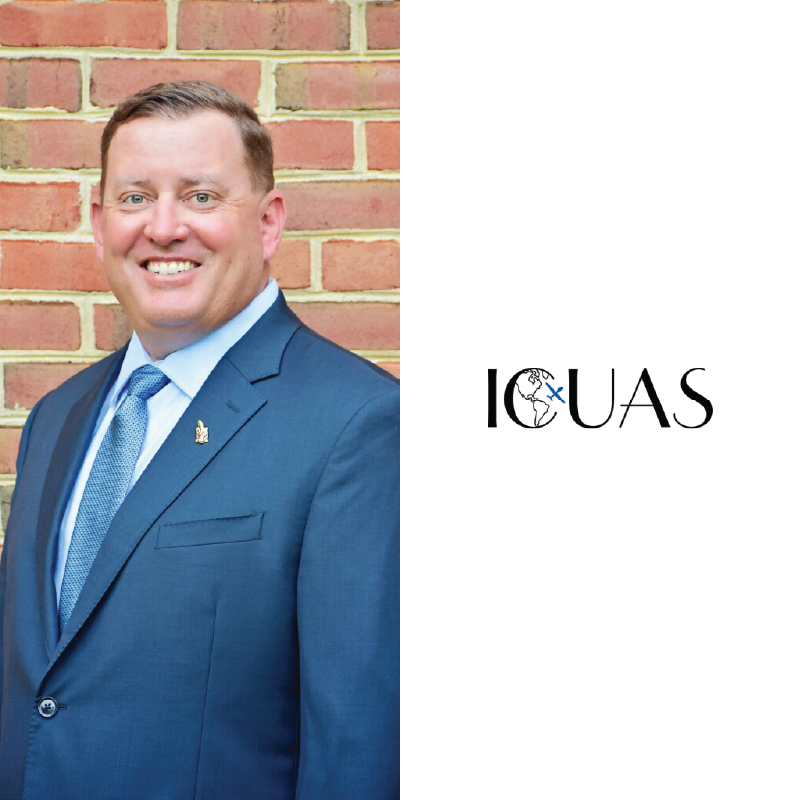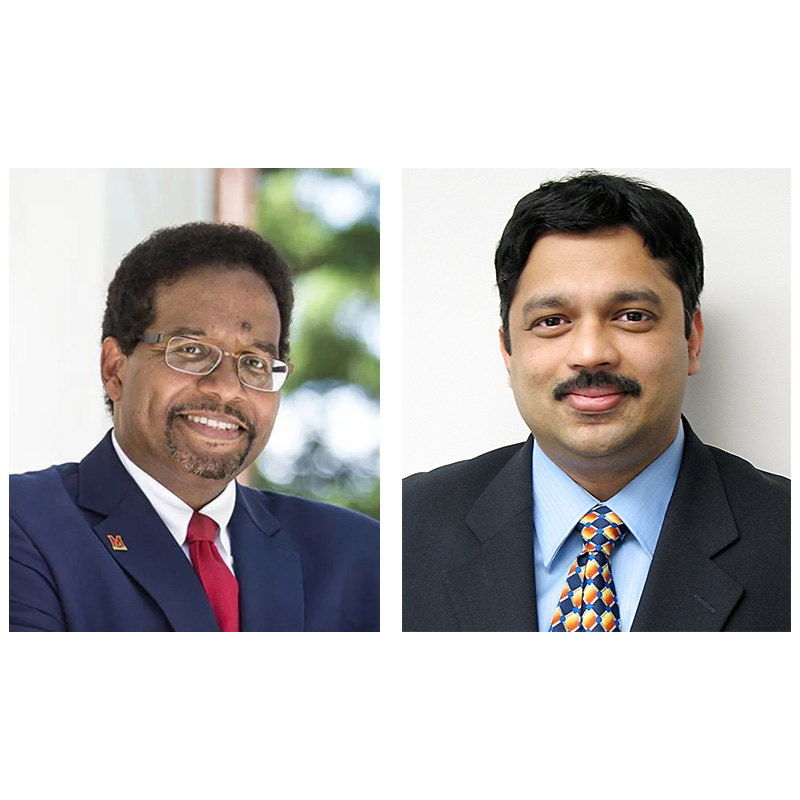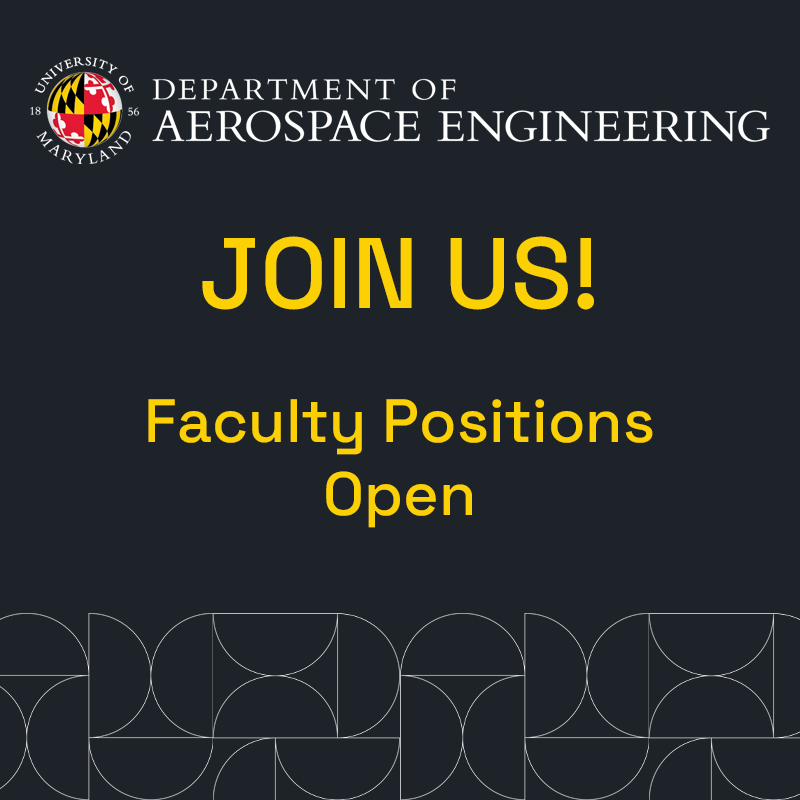News Story
Five Students Named MWC/ARCS Scholars
The Achievement Rewards for College Scientists (ARCS) Foundation Metro Washington Chapter has selected four aerospace engineering undergraduate students (Madeline Caracappa, Elizabeth McFarland, Julia Mittelstaedt, and Haley Patel) and one graduate student (Elaine Petro) as ARCS Scholars for 2018-2019.
The ARCS Foundation advances science and technology in the United States by providing financial awards to academically outstanding students studying to complete graduate degrees in science, engineering and medical research. Since its founding in 1958 in Los Angeles, California, ARCS has grown to a national organization of 17 chapters that have provided more than 14,000 scholar awards totaling nearly $83 million at 54 leading universities. Since the Metropolitan Washington Chapter of ARCS’ beginning in 1968, it has raised more than $7 million in scholar awards.

Madeline Caracappa, a previous recipient of the award, has participated in a number of high-altitude payloads. Balloon launches typically cluster five or six payloads suspended below a high-altitude balloon. After launch, balloons can fly to altitudes ranging from 90,000 to 100,000 feet (near space). The balloon then bursts, and the payload cluster returns to earth suspended from a parachute. Her research has enabled her to gain hands-on engineering skills while developing sophisticated instruments to measure key characteristics of the atmosphere. Caracappa is also member of the Women in Aeronautics and Astronautics organization.

Elizabeth McFarland is part of Aerospace Honors, which has been very helpful to her academically and in exposing her to the industry. She has recently been interning and working at the Johns Hopkins University Applied Physics Laboratory on the development of a robotic hand lens for future planetary landed missions, which has been a valuable learning experience as she is very interested in the space track of aerospace.

Julia Mittelstaedt is pursuing research in comparing electric and gas propulsion, pitting an electric motor against a fuel engine of equal mass, at the same speed, with identical propellers, to determine which system has a longer endurance. Part of UMD’s Honors College, Mittelstaedt was recently elected as Communications Chair for Women in Aeronautics and Astronautics (WIAA). Mittelstaedt will be interning at Sikorsky Aircraft Corporation in Stratford, CT this summer working on the CH-53K helicopter.

Haley Patel, a previous recipient of the award, has been studying how robots interact with humans by looking at how humans anthropomorphize robots and how the “gender” of the anthropomorphized robot can affect robot system/operator interactions. She has worked on developing a system to assess how a male or female operator reacts to a robot anthropomorphized with either a male or a female voice. Patel is also a member of the Women in Aeronautics and Astronautics organization.

Elaine Petro, a Ph.D. student in the Space and Propulsion Laboratory, is also previous recipient of the award. Her work involves the development of a water-propelled helicon thruster with specific impulse control. Her focus is looking at operating the helicon thruster—a type of ion propulsion system—with water vapor as a propellant to achieve performance suitable for deep space exploration missions. Through her research, she has helped developed a water vapor ionization model that predicts plasma characteristics such as the molecular composition and energies of ions created as a function of the electron energy. These plasma characteristics determine the achievable thrust and specific impulse. These and additional loss mechanisms in the helicon source have been incorporated into a power balance analysis in order to predict and optimize thruster efficiency.
Published May 6, 2018









